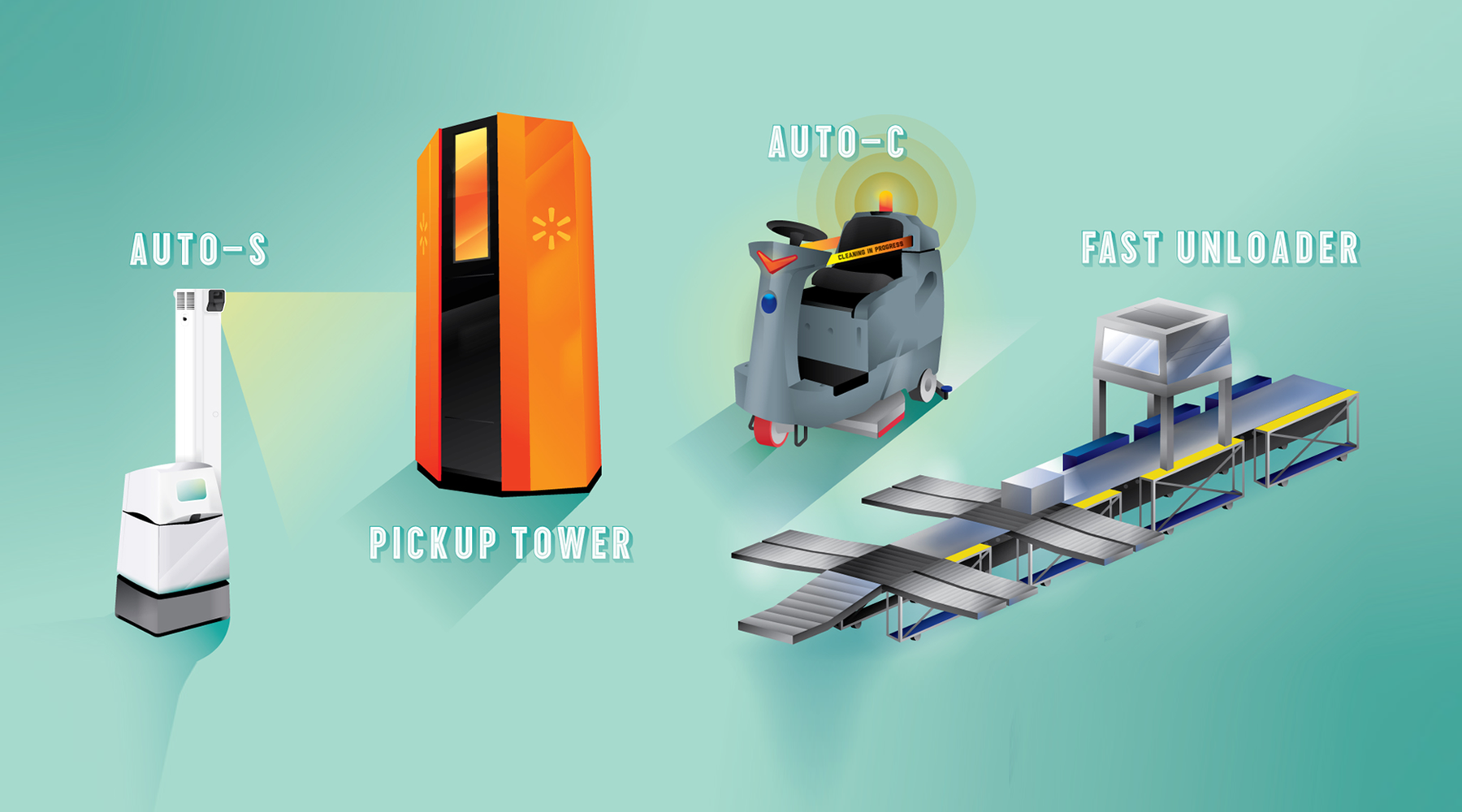Walmart kicks off its annual share-holders meeting in Bentonville, Arkansas, on Friday, and some Walmart workers are marking the occasion with a series of strikes across the country. Low pay is the spotlight issue–with protesters urging Walmart to raise wages to at least $25,000 a year.
But, as Walmart is quick to point out, only a tiny fraction of its workers will actually walk off the job. Depending on whom you ask, that low number means very different things.
Cynthia Brown-Elliott is a cake decorator at a Walmart in Cincinnati. She makes $8.95 an hour and lives in subsidized housing. When she strikes this week, she’ll be holding a homemade sign that’s a play on the Walmart slogan: Save money. Live better.
“I’m writing, ‘How Can You Save Money If You’re Not Making Money? How Can You Live Better If You’re Not Getting Paid Better?’” Brown-Elliot says.
She acknowledges, though, that her sign won’t have much company from co-workers on the picket line. Out of her store’s several hundred employees, she knows of just seven workers walking off the job.
That relatively tiny number shows that most at Walmart are happy, says company spokesman Kory Lundberg.
“It’s by and large not associates that are participating in these events. Usually the group is rounded out by UFCW
* members, or people working at an organized retail competitor,” he says, referring to members of the United Food and Commercial Workers and other labor groups that have helped organize Walmart workers and protests.
“Our associates are smart. They know what a good job is. That’s why 1.3 million of them have chosen to work for us,” Lundberg says.
But Brown- Elliott, the Cincinnati Walmart worker who is joining a handful of her colleagues in walking off the job, believes the low striker turn-out isn’t a sign of worker contentment; it’s a sign of worker fear. She says many of her co-workers who have families have told her they support the strikes this week, but feel they have too much to lose.
As an example, she points to a coworker who has joined the workers’ group Our Walmart, but decided not to strike. “She’s a mother and she has children who are living in her house–she’s scared of losing her job,” says Brown-Elliott, who is an empty-nester.
“In this economy you can’t afford to lose your job,” she adds, but says without a family to support she feels emboldened on the picket line. “I only have me to worry about.”
Fifty years ago, when workers were generally more skilled, unemployment rates were lower, and unions had more legal protections, striking didn’t feel quite as risky for workers, even ones with families, according to Gary Chiason, professor of labor relations at Clark University.
Today, however, with a sluggish economy in which jobs are hard to come by, Chiason says strikes have necessarily taken on a different role: more about public relations, less about any real attempt by employees to pressure a company by withholding their labor.
“It’s a question of drawing public attention,” he says. “The whole concept is to embarrass the employer as a low-wage, poor working condition employer—to go after the consumer who really holds the decision making power, and to tell the consumers that this is not a good place to patronize because they don’t pay workers well.”
In other words, in today’s economy, the number of low-paid retail workers on a picket line isn’t really the point. What matters is whether the signs they’re holding resonate with the shoppers walking by.
CORRECTION: The original version of this article misidentified a union that is helping to organize protests by Walmart workers. It is the United Food and Commercial Workers. The article has been corrected.
There’s a lot happening in the world. Through it all, Marketplace is here for you.
You rely on Marketplace to break down the world’s events and tell you how it affects you in a fact-based, approachable way. We rely on your financial support to keep making that possible.
Your donation today powers the independent journalism that you rely on. For just $5/month, you can help sustain Marketplace so we can keep reporting on the things that matter to you.


















